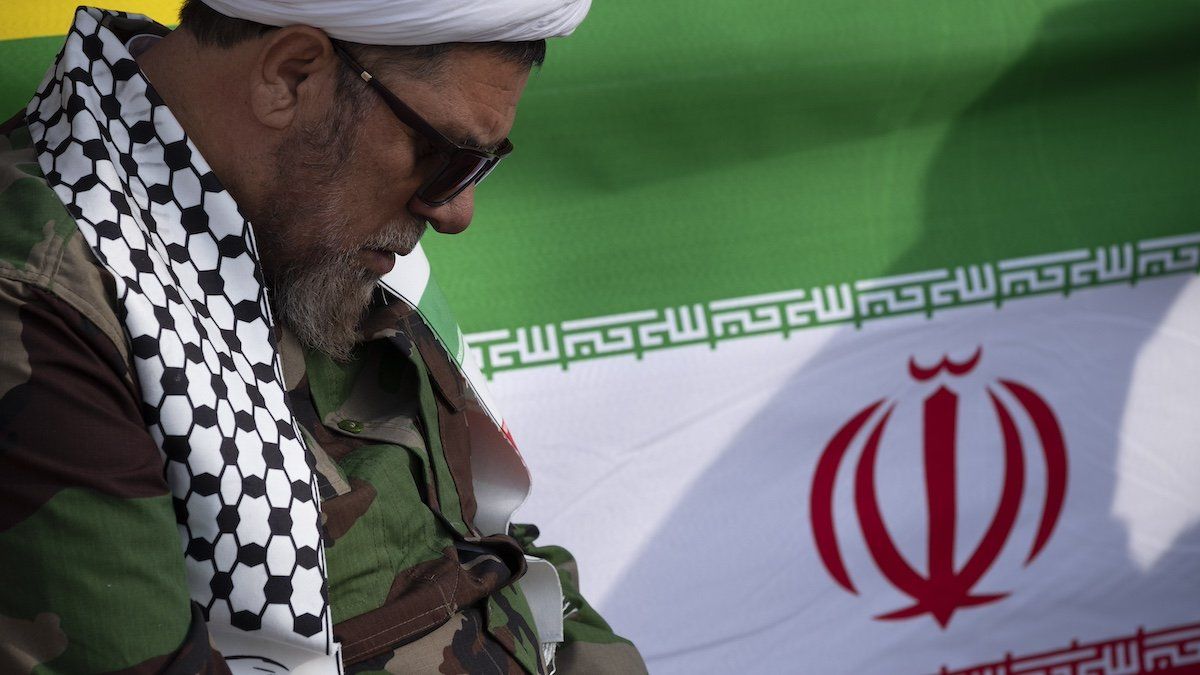Campaigning for Iran’s legislative election officially got underway on Thursday, with over 15,000 candidates vying for a seat. But will ordinary folks bother going to the polls on March 1?
The 2020 election saw Iran’s lowest-ever turnout of 42%, and higher ups in Tehran are worried about an even more embarrassing figure next month. The regime’s legitimacy has suffered so much, according to Eurasia Group Iran expert Greg Brew, that there’s talk of straight-up fudging the numbers, which has not been common practice until now.
But given that election authorities sidelined all but a handful of reformist politicians – not to mention the violent crackdown on protesters in the wake of Mahsa Amini’s death – many voters are likely to stay home to express their discontent.
The real question: Who will succeed Supreme Leader Ali Khamenei, the real center of power, who’s now 84 years old? There’s no clear answer, but Brew says the establishment’s goal in these elections is “to maintain hardliner control over the key aspects of government to create as much consistency as possible, so that when a succession crisis happens it can be handled with a minimum of disruption.”


















